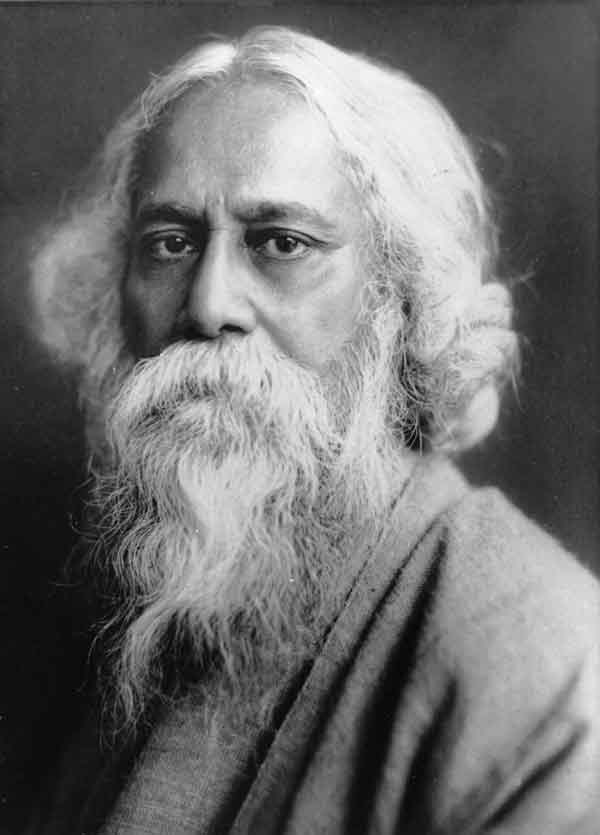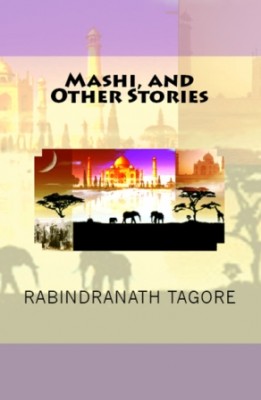More Search Results...

Rabindranath Tagore (1861 – 1941), was a Bengali polymath who reshaped Bengali literature and music, as well as Indian art with Contextual Modernism in the late 19th and early 20th centuries. Author of Gitanjali and its “profoundly sensitive, fresh and beautiful verse”, he became the first non-European to win the Nobel Prize in Literature in 1913. In translation his poetry was viewed as spiritual and mercurial; however, his “elegant prose and magical poetry” remain largely unknown outside Bengal. Tagore introduced new prose and verse forms and the use of colloquial language into Bengali literature, thereby freeing it from traditional models based on classical Sanskrit. He was highly influential in introducing the best of Indian culture to the West and vice versa, and he is generally regarded as the outstanding creative artist of the modern Indian subcontinent, being highly commemorated in India and Bangladesh, as well as in Sri Lanka, Nepal and Pakistan. A Pirali Brahmin from Kolkata with ancestral gentry roots in Jessore, Tagore wrote poetry as an eight-year-old. At age sixteen, he released his first substantial poems under the pseudonym “Bhanusimha” (“Sun Lion”), which were seized upon by literary authorities as long-lost classics.
He graduated to his first short stories and dramas—and the aegis of his birth name—by 1877. As a humanist, universalist internationalist, and strident nationalist he denounced the Raj and advocated independence from Britain. As an exponent of the Bengal Renaissance, he advanced a vast canon that comprised paintings, sketches and doodles, hundreds of texts, and some two thousand songs; his legacy endures also in the institution he founded, Visva-Bharati University. Tagore modernised Bengali art by spurning rigid classical forms and resisting linguistic strictures. His novels, stories, songs, dance-dramas, and essays spoke to topics political and personal. Gitanjali (Song Offerings), Gora (Fair-Faced) and Ghare-Baire (The Home and the World) are his best-known works, and his verse, short stories, and novels were acclaimed—or panned—for their lyricism, colloquialism, naturalism, and unnatural contemplation.
Mashi, and Other Stories
Mashi!’
‘Try to sleep, Jotin, it is getting late.’
‘Never mind if it is. I have not many days left. I was thinking that Mani should go to her father's house.—I forget where he is now.’
‘Sitarampur.’
‘Oh yes! Sitarampur. Send her there. She should not remain any longer near a sick man. She herself is not strong.’
‘Just listen to him! How can she bear to leave you in this state?’
‘Does she know what the doctors——?’
‘But she can see for herself! The other day she cried her eyes out at the merest hint of having to go to her father's house.’
We must explain that in this statement there was a slight distortion of truth, to say the least of it.

































